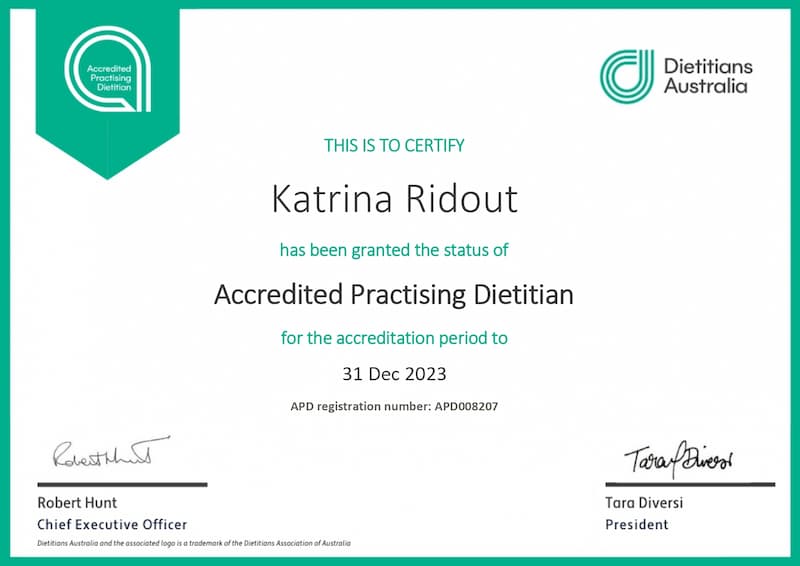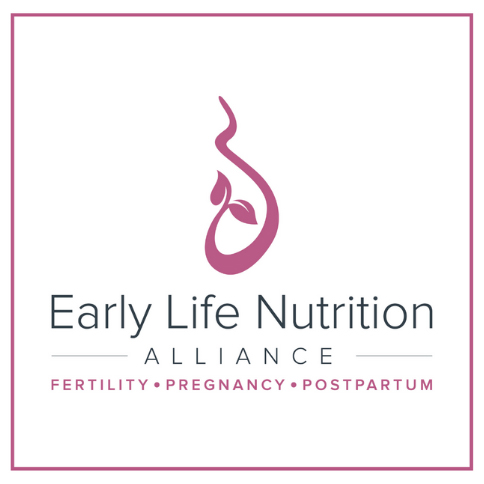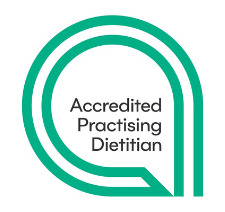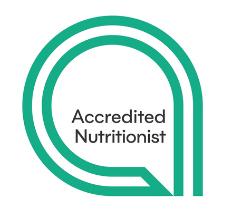



Frequently Asked Questions
What is the most common nutrient deficiency in children?
Iron deficiency is the leading nutritional deficiency in children, as indicated by research findings. However, the prevalence of iron deficiency during the first year of life has been decreasing due to improved iron supplementation.
What happens when children get too little of a nutrient?
If children get too little of a nutrient, they can develop a deficiency, leading to various health problems depending on the nutrient involved. Deficiencies in specific nutrients can cause issues such as anaemia (iron), weak bones (calcium), growth retardation (zinc), or thyroid problems (iodine). Inadequate intake of any nutrient can compromise a child’s overall health, immune system, growth, and cognitive function. Therefore, it’s important for children to consume a balanced diet with a variety of nutrient-dense foods.
What are the clinical signs of nutritional deficiency in children?
Clinical signs of nutritional deficiency in children vary depending on the nutrient involved. Examples of signs include pale skin, fatigue, weakness, and anaemia for iron deficiency; rickets for vitamin D deficiency; night blindness for vitamin A deficiency; weak bones for calcium deficiency; and growth retardation and impaired immune function for zinc deficiency. Some children with deficiencies may not show obvious symptoms, highlighting the importance of a balanced diet and regular check-ups with a healthcare provider.
What foods are good for a baby’s digestion?
When it comes to introducing solid foods to a baby’s diet, it’s important to choose foods that are gentle on their developing digestive system. Here are some foods that are generally considered good for baby digestion:
- Rice cereal: Rice cereal is often recommended as a first solid food for babies. It is easily digestible and less likely to cause allergies or digestive discomfort.
- Bananas: Bananas are soft, easily mashed, and rich in fibre, which can help regulate bowel movements.
- Sweet potatoes: Sweet potatoes are a nutritious and easily digestible source of carbohydrates, vitamins, and minerals. They can be mashed or pureed for a baby’s consumption.
- Avocados: Avocados are a great source of healthy fats and fibre. They have a creamy texture that is easily mashed, making them suitable for babies.
- Apple puree: Cooked and pureed apples are gentle on the digestive system. You can start with a smooth apple puree and gradually introduce small chunks as your baby grows.
- Yoghurt: Plain, full-fat yoghurt can be introduced around 6 months of age. It contains probiotics that can support healthy digestion. Make sure to choose yoghurt without added sugars or artificial flavours.
- Oatmeal: Oatmeal is a good source of fibre and provides a soothing effect on the digestive system. You can introduce it as a porridge-like consistency or mix it with other pureed fruits.
- Cooked and mashed carrots: Carrots are packed with nutrients and can be easily cooked and mashed to a baby-friendly consistency.
- Steamed or pureed peas: Peas are rich in fibre, vitamins, and minerals. They can be steamed, mashed, or pureed for babies.
- Pears: Pears are a gentle fruit that is often well-tolerated by babies. They can be steamed, mashed, or pureed.
Remember to introduce new foods one at a time and observe any signs of allergies or digestive discomfort. Always consult with your nutritionist before introducing new foods to your baby’s diet, especially if you have concerns about their digestion.
What are poor feeding habits in babies?
Poor feeding habits in babies include under or overeating, not consuming enough of the necessary healthy foods, or having excessive amounts of foods and drinks that are low in fibre or high in fat, salt, and/or sugar. Specific examples of poor feeding habits include overfeeding, bottle propping, early introduction of solids, ignoring hunger cues, feeding unhealthy or inappropriate foods, allowing excessive snacking, and using food as a reward or punishment. It is crucial to establish healthy feeding practices to promote the baby’s well-being. If you have concerns, consult with a healthcare professional.
What foods are best for baby brain development?
Proper nutrition plays a crucial role in supporting a baby’s brain development. Here are some foods that are considered beneficial for brain development in babies:
- Breast milk: Breast milk is considered the best source of nutrition for infants. It contains essential fatty acids, antibodies, and nutrients that support brain development.
- Formula milk: If breastfeeding is not possible, infant formula milk is formulated to provide the necessary nutrients for baby growth and brain development. Look for formulas that are specifically designed to support brain health.
- Fatty fish: Fatty fish like salmon, sardines, and trout are excellent sources of omega-3 fatty acids, particularly DHA (docosahexaenoic acid). DHA is crucial for brain development and can be beneficial for cognitive function.
- Eggs: Eggs are a good source of several nutrients necessary for brain development, including choline and protein. Choline, in particular, plays a vital role in brain health and memory development.
- Leafy green vegetables: Vegetables like spinach, kale, and broccoli are rich in antioxidants and various nutrients that support brain health. They provide essential vitamins and minerals that contribute to cognitive development.
- Berries: Berries such as blueberries, strawberries, and blackberries are packed with antioxidants that protect brain cells from damage. They also contain vitamins and nutrients that support brain function.
- Whole grains: Whole grains like oats, quinoa, and brown rice provide a steady release of energy and are rich in nutrients like vitamin E, B vitamins, and fibre. These nutrients contribute to healthy brain function.
- Greek yoghurt: Greek yoghurt is a good source of protein and calcium. It also contains beneficial bacteria that support gut health, which has a connection to brain health.
- Nuts and seeds: Nuts and seeds, such as walnuts, almonds, chia seeds, and flaxseeds, contain omega-3 fatty acids, vitamin E, and other nutrients that promote brain development and function.
- Avocados: Avocados are rich in healthy fats, vitamin E, and other nutrients that support brain development. They are also easily mashed and can be a good first food for babies.
Remember to introduce solid foods gradually, follow your nutritionist’s recommendations, and consider any specific dietary needs or allergies your baby may have.
